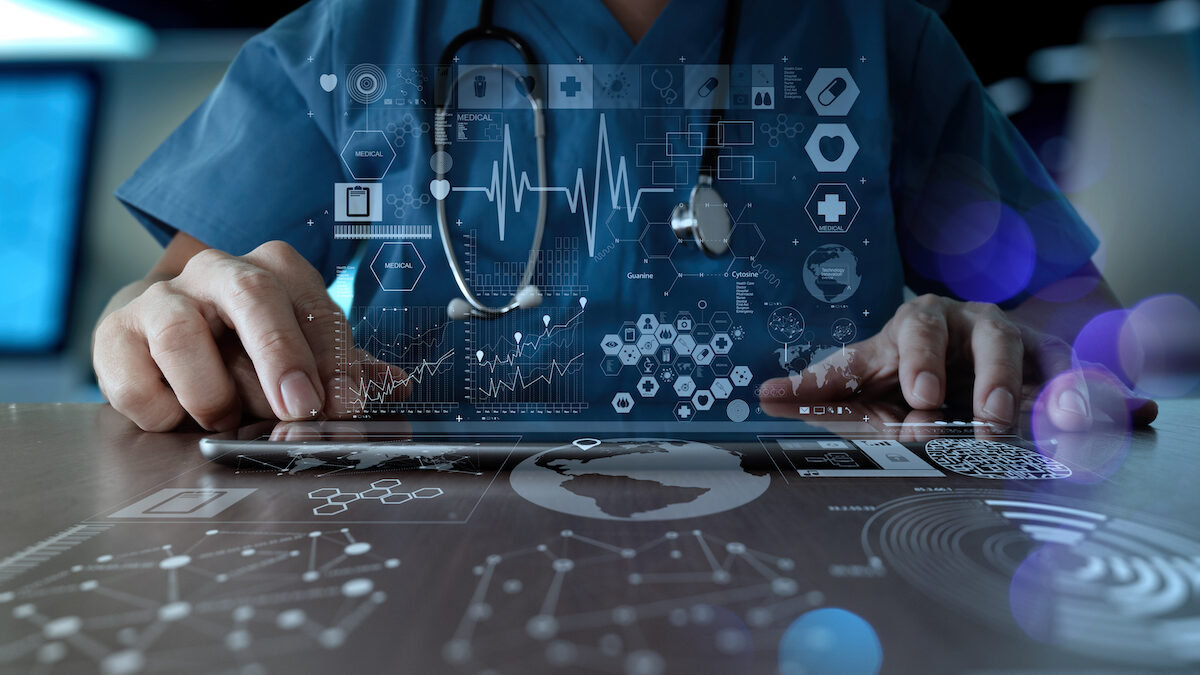Product Forge has partnered with Toshiba Medical Visualisation Systems Europe and Scottish Health Innovations, to host a hackathon based on creating innovations that would help solve medical challenges faced by healthcare professionals and improve clinical pathways.
The Medical Visualisation Product Forge, which began on Thursday and ran through to today, used a range of data to isolate issues within the healthcare sector, and focused on advances in precision medicine.
The event kicked off with dinner and intros and presentations from medical professionals. Erin Beveridge and John Zurowski, of Toshiba Medical, spoke about the importance of medical data to advance the healthcare sector, with changing demographics and rising pressures on personnel.
Chris Oliver, Professor of Physical Activity for Health at Edinburgh University, followed with his experience in orthopaedic surgery, Product Forge hackathons, and the importance of medical innovation. Chris is a strong believer in uniting healthcare and technology, commenting: “Colliding these people together activates and invigorates skillsets that wouldn’t have otherwise occurred.”
Participants from a broad range of backgrounds including academia, clinical, programming, data analysis, and entrepreneurship worked over the weekend analysing data, and developing their prototypes prior to presenting them to the judging panel today. Those taking part received mentoring, 10 free meals and 24 hour access to the venue the top ranking teams can access support to develop their concept further.
Medical visualisation; Friday & Saturday
Eight teams worked feverishly over the weekend at CodeBase in Edinburgh analysing medical data, isolating issues, and creating their prototypes aimed at improving patient pathways and advancing precision medicine.
A variety of field experts joined the participants to offer guidance and mentorship to participants as they worked on their digital prototypes. On Friday Dr Kristin Flegal, lead scientist at SINAPSE (the Scottish Imaging Network: A Platform for Scientific Excellence) offered her insights into clinical and experimental imaging and image analysis across Scottish Institutes, include the new Imaging Centre of Excellence in Glasgow which houses Scotland’s only 7-Tesla clinical MRI scanner, and dedicated industry space.
John Zurowski, from Toshiba, followed explaining the importance of the company’s ‘clinical cockpits’ which aim to aggregate digitised medical data, and effectively present it to clinicians in order to assist with clinical decision making.
The hackathon has seen a range of skill sets come together to assess how healthcare is currently utilising data, and what steps can be taken to use and analyse this data more effectively. The aim of the hackathon is not only the innovations created, but also to highlight how the technology and medical sector can work collectively to forge a brighter future in healthcare.




